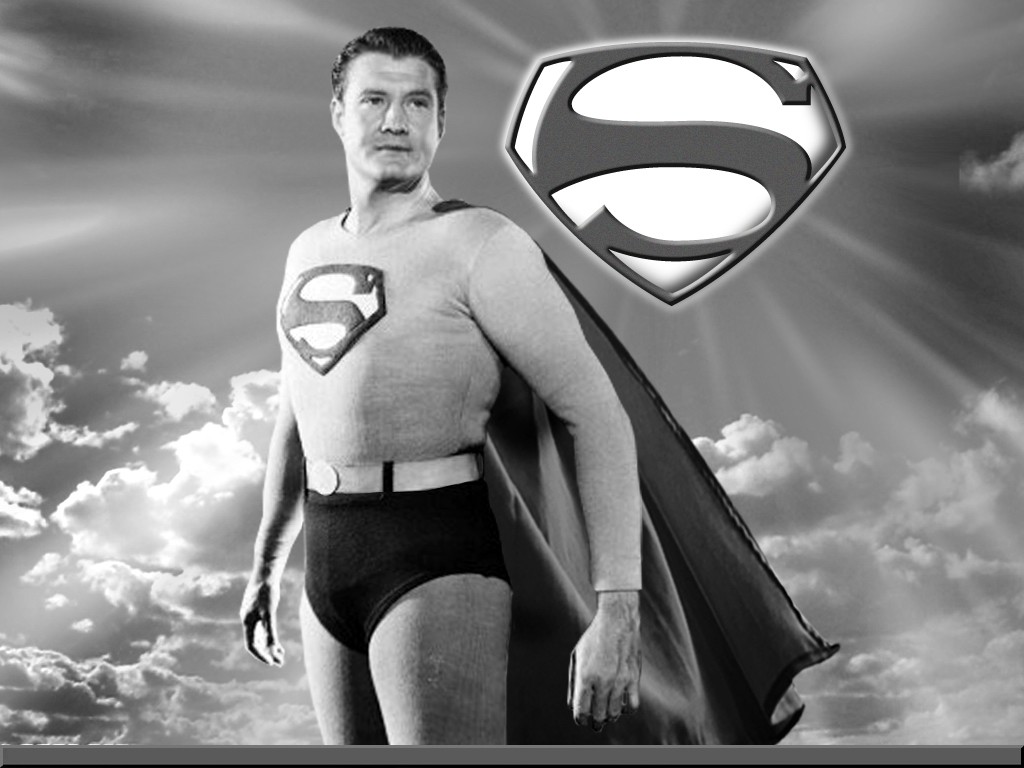“Some Researchers Say A Large Crowd Makes It Less Likely That An Individual Hero Will Step Up”
August 29, 2012 in Excerpts, Science/Tech, Urban Studies | Permalink
Until now, I missed this recent and interesting WSJ piece by Sue Shellenbarger about the psychology of heroism. An excerpt:
“Certain traits make it more likely that a person will make a split-second decision to take a heroic risk. People who like to take charge of situations, who respond sympathetically to others, and who have a strong sense of moral and social responsibility are more likely to intervene than people who lack those traits, research shows. Heroes tend by nature to be hopeful, believing events will turn out well. They consciously try to keep fear from hampering their pursuit of goals, and they tend to block out the possibility of injury or material loss.
People who are otherwise good and caring may still shrink back in a crisis. Their responses depend partly on whether they perceive the situation as an emergency and whether they know how to help; someone who doesn’t know anything about electrical wiring probably won’t rush to save a person tangled in a power line. How you’re feeling that day makes a difference, too; ‘people who are in a good mood are more likely to help,’ says Julie M. Hupp, an assistant professor of psychology at Ohio State University in Newark. Context also matters; some researchers say a large crowd makes it less likely that an individual hero will step up.”
Tags: Sue Shellenbarger
Subscribe to my free Substack newsletter, "Books I Read This Month." It's published on the final day of each month. Some new titles, some older, some rare.
Categories
About
Afflictor.com is the website of Darren D’Addario. Except where otherwise noted, all writing is his copyrighted material. ©2009-18.

